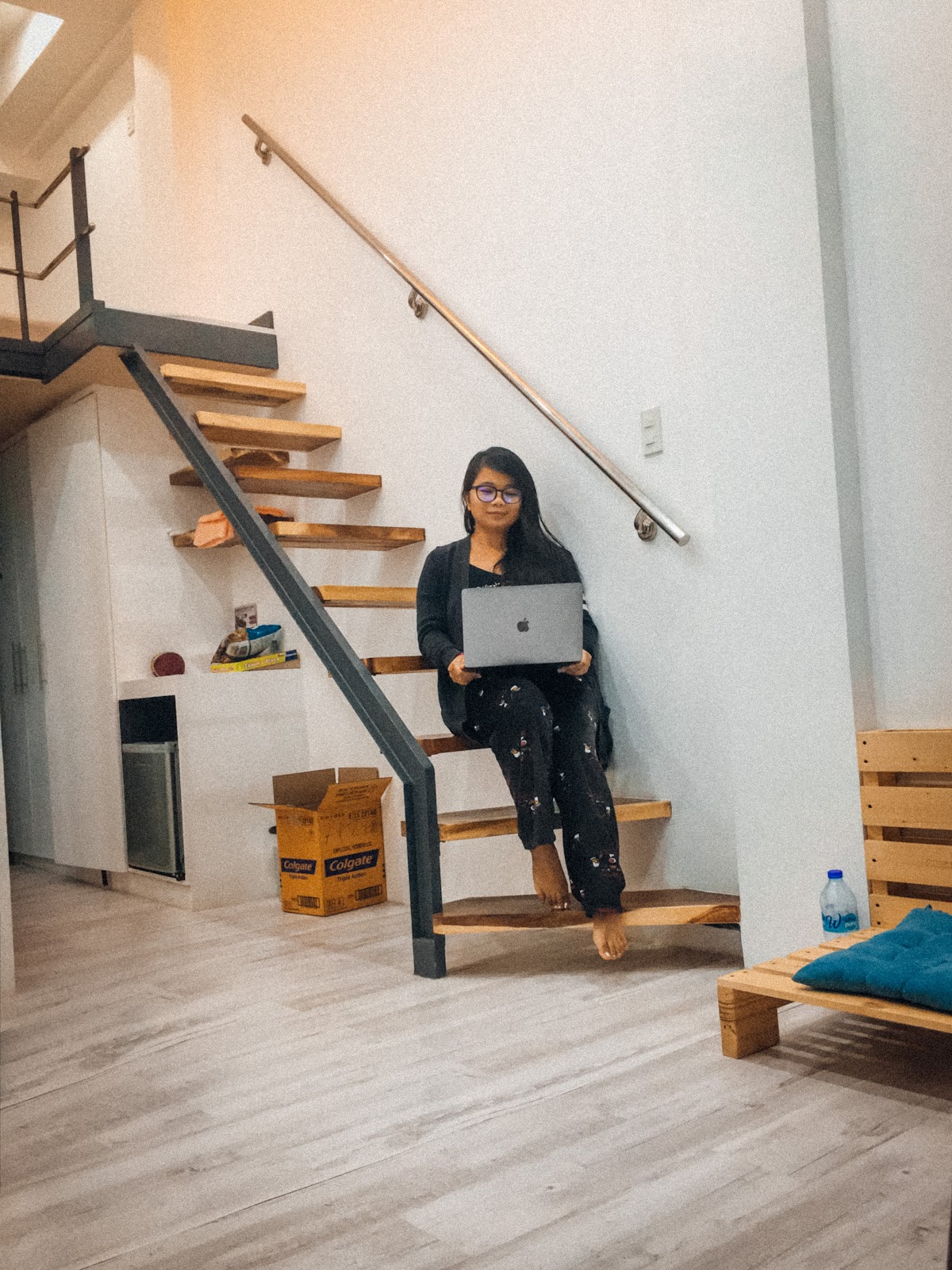
There's no doubt that I love to travel, but it has become harder and harder for me to afford to travel all the time. At first, I thought that there was no way to be able to do what I wanted without going into debt or taking a huge chunk out of my savings—but then I realized that there were some great ways for me to keep exploring new places!
Aside from my freelancing remote gigs, one of the best ways for me was renting out vacation rental properties. By doing this, not only did I get the chance to make some extra money while also keeping what I loved doing (traveling), but it also helped me find properties that could be rented out quickly so that other people could enjoy them as well—and hopefully give them back in great condition!
Of course, this wasn't an easy process—it took time and effort in order for me to find the right property and get it rented out quickly. Here are some tips for navigating the process and ensuring that you have a profitable rental business in no time!
Essential Factors When Buying a Short-Term Rental
The issues involved in buying a second home for rental vary dramatically depending on where you plan to purchase. After all, buying a ski lodge in an area with seasonal tourism and attractions might require different considerations than buying a home in a major metropolitan area that tourists visit all year long.
Your second home can be a great investment, but you’ll want to make sure you consider a few things before making the leap
Location
You may have better luck renting your second home in an area where short-term rentals are popular and viable. You can do some basic research on AirDNA.co, a short-term rental data, and analytics service, or check competing rentals in the area you’re considering.
Selecting the right location for your rental property is one of the most important decisions you'll make.
You may have better luck renting your second home in an area where short-term rentals are popular and viable. You can do some basic research on Google, a short-term rental data, and analytics service, or check competing rentals in the area you’re considering.
Property Management Fees
If you plan to use a property management company to manage your short-term rental instead of managing it yourself, you should find out how much other owners pay for management. Also, compare listing fees for your second home with a platform like Airbnb or VRBO.
If you want more control over how things are handled onsite but don't feel up for the challenge of managing everything by yourself, there is another option: hiring an onsite manager who lives at the home with his or her family. In this case, it may be worth paying higher fees in exchange for having someone on hand who will take care of any issues right away instead of waiting until tomorrow or next week when they can get back into town after running errands off-site!
Taxes
Property taxes vary per country and/or from state to state, so it's important to check your local municipality's rates. You should also look into how much you're expected to pay in property taxes for a secondary home that you own as opposed to one for which you are only renting out the space. The taxes you'll be charged will depend on whether or not the property is considered residential or commercial, and how much value is placed on each square foot. This can result in large differences in price even if they're located right next door to one another.
Competition
You can find out what kind of competition you're up against by looking at other properties in the area and seeing whether their calendars are full. This is a good way to see how your property might be able to stand out from the crowd.
Potential Rental Fees
It's also important to check how much other properties are renting for, so you know what price range might be reasonable for your own vacation rental.

Ready to buy a second home?
Buying a rental property can be an incredibly rewarding and lucrative way to invest in real estate. Before you start house hunting, though, you'll want to make sure that it's the right investment for your needs and comfort level.
1. Start with an affordable property that meets your goals
You may be tempted to overspend on your first investment property. Don't do it! A common mistake is buying a house that is too big or too small for your needs, or one that's in an inconvenient location. Another trap people fall into is committing themselves to expensive maintenance issues with their first purchase, such as paying off a mortgage on an older home that requires extensive renovations and repairs.
2. Build up your cash reserves before you buy
If you're sure that now is the right time for you to buy a second home, make sure you have enough cash reserves in the bank. I'm not talking about a few thousand dollars—I'm talking about having at least 20% of your total down payment saved up, plus another ,000 more. That may sound like a lot of money, but it doesn't take long at all if you keep track of every single thing that goes into your savings account.
If you haven't been saving up and are worried about how long it will take before buying a second home becomes an option again, don't worry! As long as your credit score is good enough (and it should be), there are other options available to help speed up the process without putting out too much money upfront or waiting forever for loans from banks.
3. Check Your Credit Score
If your credit score is less than perfect, it may be difficult to secure financing for a rental property. If this is an issue for you (or even if it isn't), consider opening up a line of credit with one of the big banks or lenders before looking at homes so that they can see how responsible of a borrower you are. It will help them understand why they should lend money on properties that aren't currently listed as collateral by owners who don't have any other assets available as collateral but still have great scores
4. Pay attention to your cash flow
For example: If your second home's mortgage is ,500/month and its expenses are ,000/month (including utilities), then it will take you over a year before you can even break even on your second home purchase. If something breaks or needs repair and takes longer than expected for repairs, that could put you in a difficult situation where you may have less than k in the bank - which means zero cash available for emergencies!
5. Use an online mortgage calculator to figure how much you should spend for your next home.
Before you buy a second home to rent out, you’ll need to figure out how much you can afford. This can be done with an online mortgage calculator. A good loan calculator will help you how much you can afford to spend on a home each month.











Post a Comment
COMMENT POLICY: I love relevant comments on this blog. Comments deemed to be spam or solely promotional in nature will be removed.